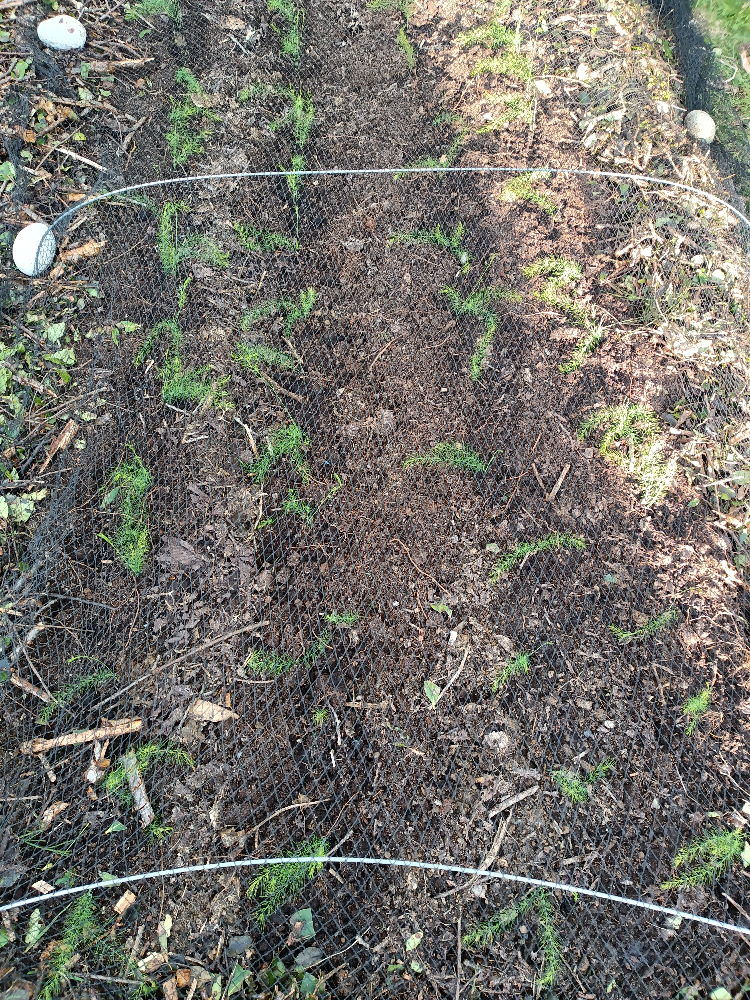If fonterra owns the lab, do current dairy farmers just transition to being owners that aren’t contributing milk?
I suspect Frontera would 'pay' some farmers to transition to produce the raw ingredients required to produce alternatives. Thus, their expertise could continue to be utilised along with their export strengths. The issue will be with those stubborn farmers who refuse or are reluctant to change - the almighty dollar will speak to them eventually.
Forestry workers can drive from a bigger city...
Don't see that here. There are local Forestry, Sawmill, and Transport (logging) workers who live in the community and, of what I see, contribute more to the town than dairy workers. It takes very few people to run a modern, robotic dairy these days. Usually just the owner/manager and a couple of foreign workers - often seasonal, so they come and go, most living on the farms, not in the township. Very few farmers shop locally, they tend to travel into the "city" to purchase and/or get groceries delivered (as do I). A few spend a bit at the pub/club, but not as much as you would probably think.
I personally believe there would be an increase in population with a move away from dairy - but that's just my thinking based on what I see.

Same. If you have an ad blocker or similar and zap the image, the story is revealed.